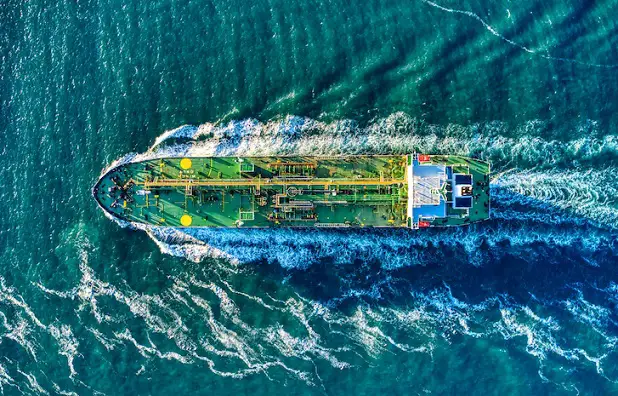On Monday Bloomberg reported that Russian oil is continuing to be shipped via Western-insured tankers in spite of the fact that Urals grade crude is now trading above the $60 per barrel price cap the Group of Seven (G7) nations and the EU imposed upon it.
The news agency reported that roughly 40% of the ships carrying crude oil from the Baltic and Black Sea ports of Russia were either owned or granted insurance by firms which were based in nations which had pledged to honor the price cap policy.
On Friday, Urals grade crude was trading at around $71 per barrel at Russia’s ports, according to Argus Media,. The outlet noted that roughly half of the tankers which were carrying Russian oil from the ports were owned by Western companies before the price cap was violated, and a large number of the ships had obtained insurance which was routed through London.
On December 5th, the EU, the G7 nations, and Australia had introduced the price cap on seaborne shipments of Russian crude. It banned companies in the West from offering insurance and other shipping services to any cargoes which had been sold above the price cap of $60 per barrel.
The outlet wrote, “Though technically the price of Russian oil needs to be $60 or less in order for companies in the US, EU or G7 to provide services such as vessels and insurance, all the firms need to do so in practice is receive a written pledge – called an attestation – that the cargo was purchased below that threshold.”
Megan Apper a spokesperson for the US Treasury said, “We are monitoring the market closely for potential violations of the price cap. It is worth noting that trades above $60 that do not use Coalition services are not in violation of the price cap and a substantial proportion of Russian oil trades still use coalition service providers.”
However the owners of tankers and insurance companies have pointed out that they are not able to determine the exact price a cargo of crude has traded at since the imposition of the price cap system, as longer-term deals may have been sold at different prices from the short term market cost.
In mid-July, Russia’s Urals crude rose to above the price cap for the first time since the price cap was put into effect.


